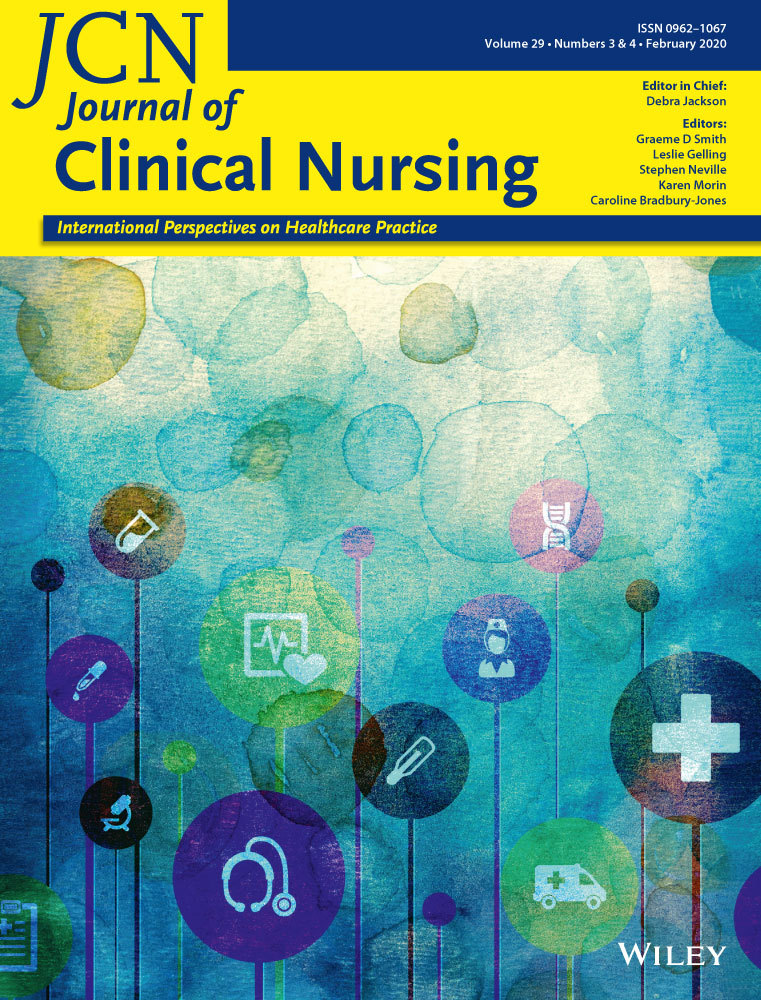A health-related quality of life model for patients undergoing haemodialysis
Abstract
Aims and objectives
This study aimed to construct and verify a model that explains and predicts the health-related quality of life in patients undergoing haemodialysis.
Background
Individual and disease-related characteristics, social support, physical and emotional symptoms, patient role adherence and perceived health status may be interrelated and might affect the health-related quality of life of patients undergoing haemodialysis directly or indirectly.
Design
A correlational, cross-sectional research design was used.
Methods
Participants were 202 patients undergoing haemodialysis at one of the seven nephrology clinics specified in this study. A structured questionnaire was used to collect data from September–November 2017. The collected data were analysed using spss version 25.0® and amos 23.0. This study adhered to the STROBE guideline.
Results
The hypothetical model with 13 of the 15 analysed paths showed a good fit to the empirical data: χ2 = 85.67 (p < .001), normed χ2 = 2.14, GFI = 0.94, CFI = 0.97, NFI = 0.94, TLI = 0.94, RMSEA = 0.08, and RMSR = 0.04. Symptoms (fatigue, quality of sleep, and depression), environmental (social support) and individual (age) characteristics and general health perception had a direct effect on health-related quality of life. Additionally, individual and environment characteristics affected health-related quality of life through biological functions, symptoms, functional status and general health perception. These variables explained 78.6% of the variation in health-related quality of life.
Conclusions
To improve health-related quality of life in patients undergoing haemodialysis, systematic and integrated intervention programmes need to be developed and applied considering a variety of factors related to health-related quality of life.
Relevance to clinical practice
Individual and environment characteristics, biological functions, symptoms, functional status and general health perception should be systematically monitored to improve the health-related quality of life of patients on haemodialysis. It is also necessary to develop detailed interventions that consider all these factors.
CONFLICT OF INTEREST
The authors declare that they have no conflict of interest.




